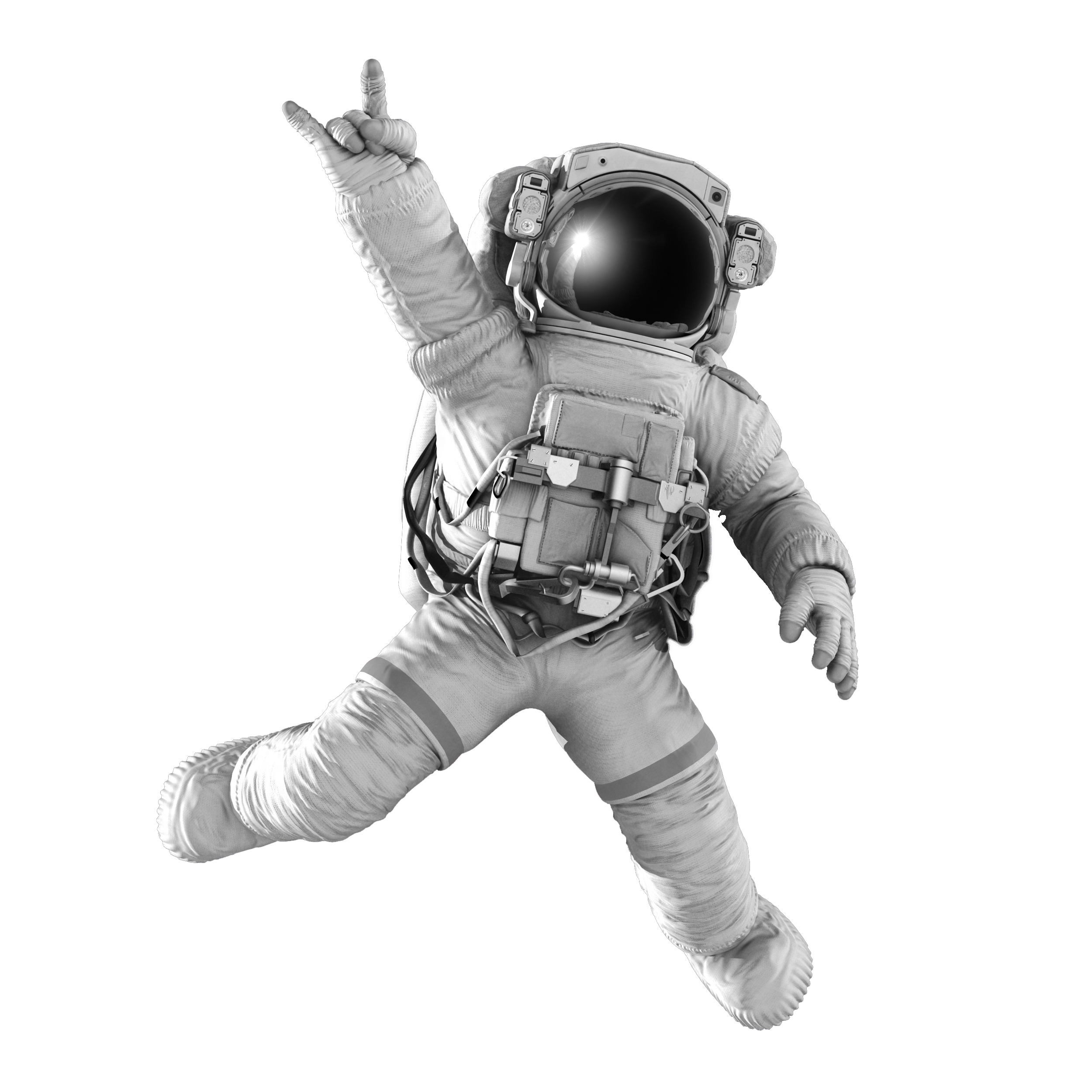As the first wave of COVID waned across the Northern hemisphere, it was tempting to believe that the danger had passed, and that life would gradually return to normal. With hindsight, it was clear that nations, their governments and their people, had become reckless. As confidence grew and memories faded, the world believed that the crisis was largely over.
Signals of an emerging second wave, far greater than the first, were present from late Summer but the imminent devastation to society only became apparent in the late Autumn of that dreadful year. As days became shorter, temperatures dropped and the usual seasonal pathogens re-emerged from hibernation, COVID stealthily hunted its victims. Resumed short-haul flights throughout the Summer, and long-haul flights reintroduced in early Autumn, ensured that COVID re-established a foothold in virtually all global territories. By Christmas, much of the Western world was in lockdown again, only this time there was no clear light at the end of the tunnel. Food supplies were disrupted, manufacturing supply chains were severely impacted, and medical supplies were running low. Where their health and circumstances allowed, people were starting to seriously ‘grow their own’ and were becoming ever more resourceful in ‘making do and mending’. The less fortunate relied upon inefficient and insufficient state aid.
Where, in years gone by, the U.S.A, U.K or major European states would have been considered exemplar in their approach to a crisis, they were now devoid of ideas, ravaged by disease and poverty, and paralysed by collective fear. By pre-COVID metrics, economies were destroyed, health provision globally was over-whelmed, and the previously ever-hungry monster of mass-consumerism had been well and truly slain – perhaps for good.
For the first time in living memory nations, rich and poor alike, relied on the support and charity of vastly overstretched NGOs who had previously typically worked to enhance the standard of living across third world countries. To add to the level of volatility and complexity, warmongering leaders were considering their appetite for conflict and the potential for extending their territories during the ensuing COVID chaos.
Throughout the second wave, strategic infrastructure and nationally important industries were rescued by government bailouts that were in turn financed by significant monetary intervention from central banks. Inflation began to raise its head, and debt against GDP ratios were nothing beyond horrific. As Winter turned to Spring in the Northern hemisphere, the second wave at last lost its ferocity and the world collective took a deep breath. No country felt equipped to handle a third wave alone, and populations were weary of making exceptional sacrifices without much support or replenishment – something had to fundamentally change. At the G8 meeting in Spring 2021, global monetary and fiscal alignment were openly and seriously discussed for the very first time.
Despite acknowledgement from all that the road ahead would be challenging, agreement was made to work towards one global currency and to re-imagine and reset the global economy. The initiative was named CAP 2.0. Gone were measures of gross domestic product and productivity. In their place came a broader set of measures for national wealth based around health, happiness, environment, education, innovation and quality of life. Additionally, a global research foundation (Global Village) was established, jointly funded by all nations to the extent they were able to do so; many scientists contributed their time and expertise in return for board and lodgings in the desperate race to find a vaccine or curative treatment for COVID fast.
Global society had, almost overnight, dispensed with currency-based measures of national, organisational and personal wealth. Society was evolving towards one based on value creation; the overall progress of global society alongside the quantity and quality of contribution made by each nation state were now considered to be the important elements to focus on and applaud. Except for the nationalisation of strategically important infrastructure and industry, the nationalistic tendencies of the early 21st century dissolved quickly into a compelling need to contribute beyond one’s borders and to accept help and advice, where needed, from others who may be better placed.
Organisations had long talked about the importance of sustainability and long-term value creation but now genuinely meant every word. Indicators of success in the short-term, such as profit and market share, gave way to the generation of longer-term market sustainability, educated product selection and collaborative innovation. Organisations only attracted capital investment and operational support if able to prove a balanced portfolio of outcomes that satisfied the need to enhance social capital, environmental capital, human capital and innovation capital. Financial capital came behind these in the new order of priorities as it was now firmly understood that financial capital success was a direct result of successful deployment of the other four. Stakeholder value had well and truly replaced stockholder value as the major concern for all entities, and long-term value creation was now the holy grail.
By the Summer of 2021 a global UBI (Universal Basic Income) programme had launched, and debt accumulated before and during the crisis was largely written off due to increases in inflation levels. In addition to UBI, voucher schemes were introduced whereby all inhabitants of a nation received a foundation level of tokens for conversion into energy, water, education, health and community services – extreme poverty was no longer acceptable for anyone. As tentative steps were taken towards CAP 2.0, society altered remarkably in the space of a few short months. Individuals and groups of individuals now sought to become creators rather than consumers. It no longer mattered what you had accumulated; what was important was how you used what you had, and what you knew, to the benefit of society.
Global populations, already much weakened by the struggle of waves 1 and 2, willingly volunteered to test vaccines and contribute to other research activities. UBI and voucher provision allowed people to contribute in the best way possible without having to first consider access to food, medicine and other basic essentials for their own families, and dismantled any drive to perform work that was no longer worthwhile or viable. The effort paid off and, in the Autumn of 2021, the first recipients of COVAX (a vaccine co-created by Global Village and manufactured and distributed at no cost by multiple partners across the globe) were able to approach the Winter with greater confidence. The world began its post-COVID recovery journey in earnest.
The success of COVAX went beyond the obvious health implications. The establishment of mutually beneficial relationships and deepening of trust across the world was fundamental to the success of the following 8 years. The decade saw the co-creation of a system of global governance, shared societal guiding principles were established and open-source research and experimentation bloomed. The technological advances of the latter part of the decade were astounding and led to huge leaps in communication and transportation technology and an ever-expanding space programme (materials and labour were sourced via modern barter treaties between continents). Commercial bubbles emerged in virtual trading ports where entrepreneurship still thrived but no longer at the expense of local communities. Nationalised strategic infrastructure and industry was overlaid with globally connected resource trading platforms where entrepreneurial drive could engage in open resource swapping to generate the ideas, technologies and materials of tomorrow.
In the first half of the decade, education across the world was focused on COVID prevention and resilience; all tasks were built around common COVID scenarios and the wicked societal problems that COVID presented. For example, maths lessons were delivered around COVID related problems and statistical analyses of COVID data). Many great ideas and counter COVID initiatives were identified alongside the provision of a pragmatic education experience for school children. In the second half of the decade schools moved towards a curriculum founded upon the major CAP 2.0 initiatives; educating students around the values now important to society and capabilities critical for the evolving civilisation.
China had led the world into the COVID crisis and, at the end of the decade, China led the first manned Mars exploration flight with a crew drawn from each major continent, a globally dispersed support team remotely connected, and technology based upon ground-breaking research from open-sourced scientific exploration across the globe.
The Capitalism 2.0 world does not feature capitalism as we know it from our current vantage point on the timeline. Capitalism and communism are relatively recent human inventions and they will not be the only economic models at our disposal in the future. It is always challenging to imagine future innovations to civilisation from our current paradigm, but we know from history that significant changes to societal systems happen time and time again. Capitalism, just like communism, is a human invention – there will be further human inventions of this type – we just might not quite be able to yet perceive or imagine their structure.
Positive evolution is often born from a time of suffering or a shared experience of significant disruption. Old wicked problems provide rich environments for innovation to flourish, and the changing strategic context of an emerging future gives rise to new wicked problems unforeseen at the outset. CAP 2.0 might solve some issues in its present, but it will almost certainly create new complex problems and drive behaviours that bring about a further, later paradigm shift.









